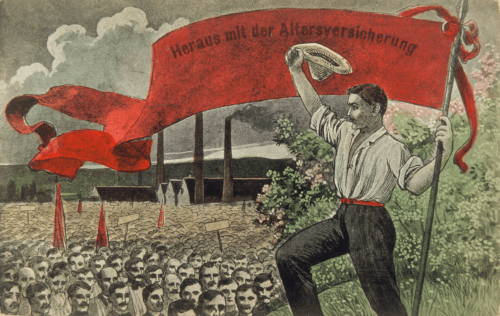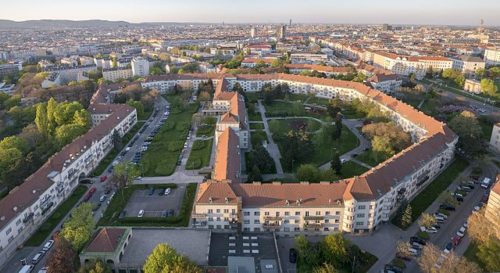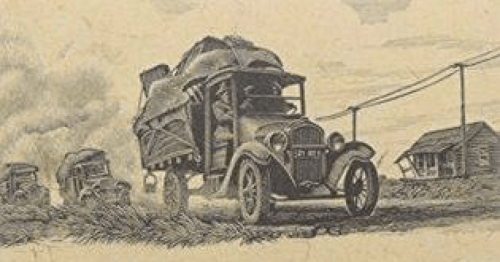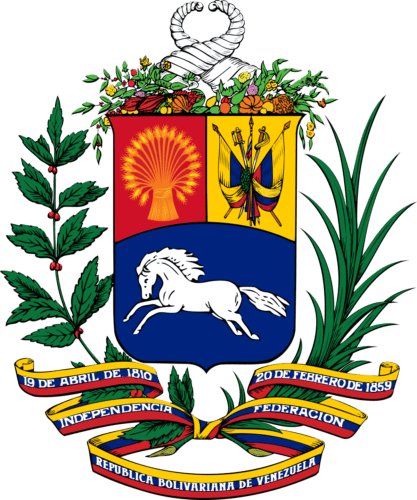It’s one thing to say we need a social democratic party – or socialist party – in the U.S. It’s quite another to say who its members will be.
But plenty of leftists think they’ve got it down. The story goes something like this. First, we organize around a social democratic platform: Medicare for All, a $15-20/hour minimum wage, free college and cancellation of student loan debt, housing for all, a Green New Deal, et al. Then, we use the strength and momentum from the social democratic program to push for more. We directly challenge the basic capitalist structure of ownership and control.
Sure, the plan has its problems and pitfalls. For example, do we organize within or outside of the Democratic Party? But most leftists endorse it in its broad outlines. For a couple of recent examples among many, see Bhaskar Sunkara’s book The Socialist Manifesto and Nathan J. Robinson’s book Why You Should Be a Socialist.
I do think the plan’s proponents underestimate the difficulty of finding a constituency for a social democratic party. They heavily rely on appeals to the materials interests of the U.S. working class, but those interests – and the size of the working class to which they appeal – are shakier than they think.




